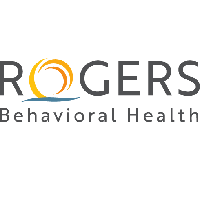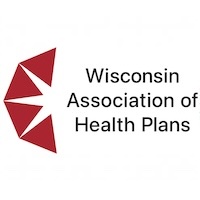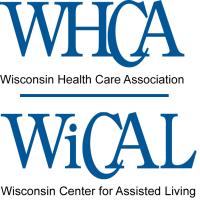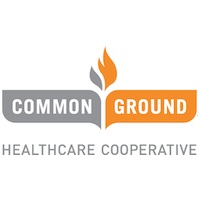
Recognizing Recovery Month this September more critical than ever at Rogers Behavioral Health
(OCONOMOWOC, Wis., September 2)— As Recovery Month is recognized throughout the month of September, conversations are shedding light on how to support the 20 million Americans struggling with addiction, especially as the COVID-19 pandemic continues.
Celebrated every September since 1989, Recovery Month was created by the Substance Abuse and Mental Health Services Administration (SAMSHA) to strengthen awareness surrounding mental health and substance abuse, while emphasizing that living in recovery is possible.
“Prior to the pandemic, the Centers for Disease Control estimated that more than 170 people died every day in the United States due to an opioid-related overdose,” says Michelle Maloney, PhD, executive director of Addition Recover Services for Rogers Behavioral Health. “Combine that with approximately 88,000 Americans who die each year from alcohol-related issues, add in the isolation and stress of a global pandemic, and it’s clear that coming together this year during Recovery Month is critical in addressing today’s unique challenges,” adds Maloney.
In addition to the CDC’s numbers, according to the 2017 National Survey on Drug Use and Health (NSDUH), approximately 8.5 million American adults suffered from both a mental health disorder and substance use disorder.
“To effectively treat addiction, it’s crucial we recognize how underlying mental health issues contribute to substance use disorders and how alcohol and substance use impact mental health conditions. It’s best to address them in an integrated manner. Addiction recovery is all about breaking isolation; it’s about creating connection. Healing occurs within the context of relationships,” Dr. Maloney explains.
In response to the increasing need for effective addiction and mental health treatment, some organizations, including Rogers, are ensuring people can stay connected to treatment throughout the pandemic by offering telehealth and virtual services such as Rogers Connect Care
.
Dr. Maloney adds that those in recovery from addiction can stay connected with friends and families through video chats, texts, and phone calls. Many new recovery apps have also become available due to COVID-19, and offer access to online recovery meetings and support groups.
Rogers offers a library of addiction and mental health resources at rogersbh.org/resources
. Free, confidential mental health screenings are the first step in seeking treatment, and can be requested by calling 800-767-4411 or online at rogersbh.org
.
###
Rogers Behavioral Health is a nationally recognized, not-for-profit provider of mental health and addiction services. Rogers offers evidence-based treatment for adults, children, and teens with depression and mood disorders, eating disorders, addiction, OCD and anxiety disorders, trauma, and PTSD. In addition to a growing network of regional locations in California, Florida, Georgia, Illinois, Minnesota, Pennsylvania, and Tennessee. Rogers operates three inpatient behavioral health hospitals, nine residential programs, and seven outpatient centers in Wisconsin. The System also includes Rogers Behavioral Foundation and Rogers InHealth. Learn more at rogersbh.org.









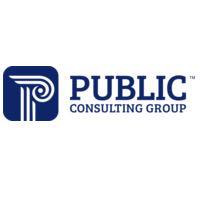
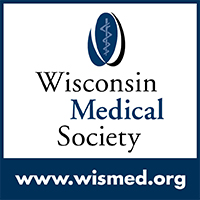







.jpg?bwg=1612548324)
